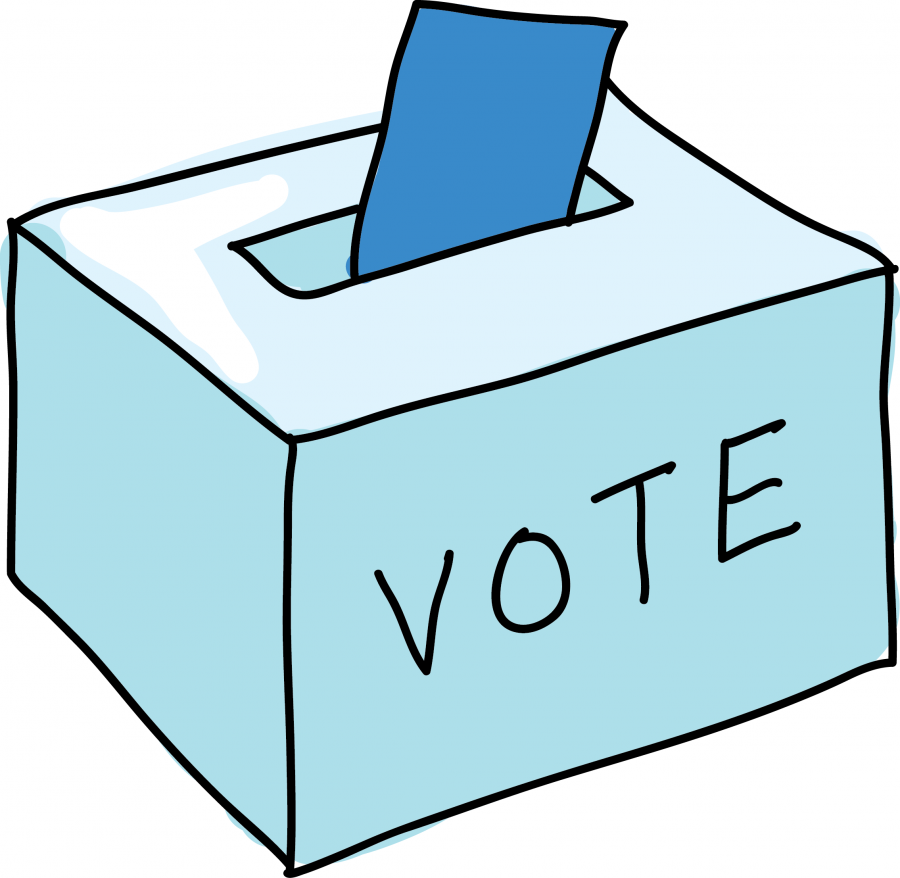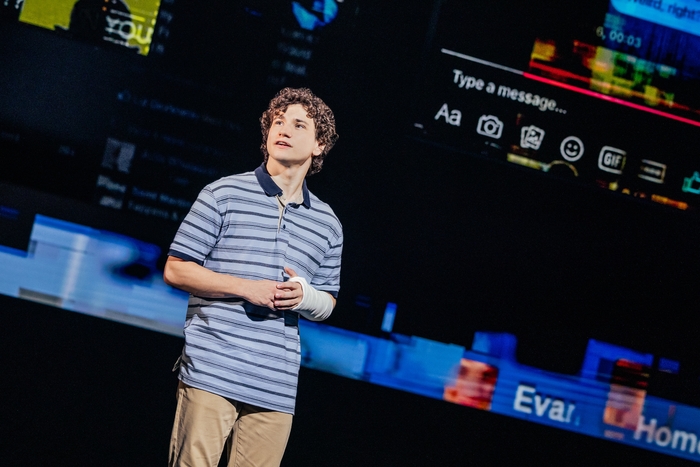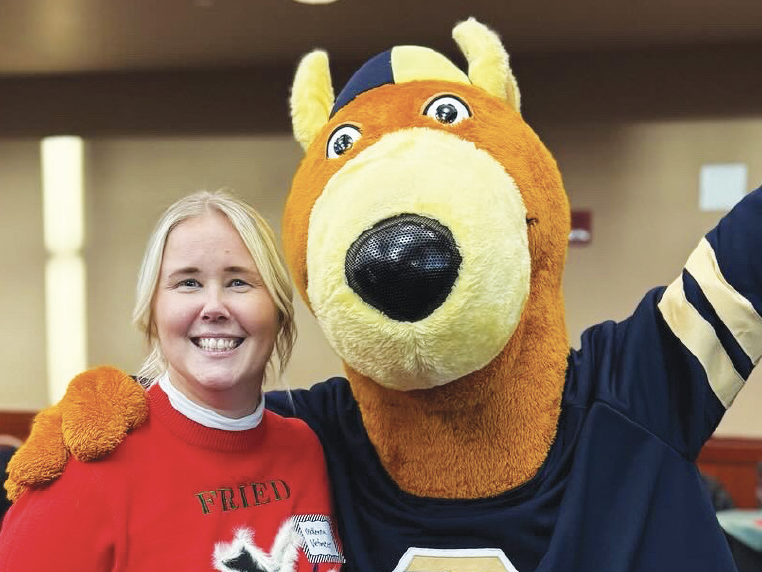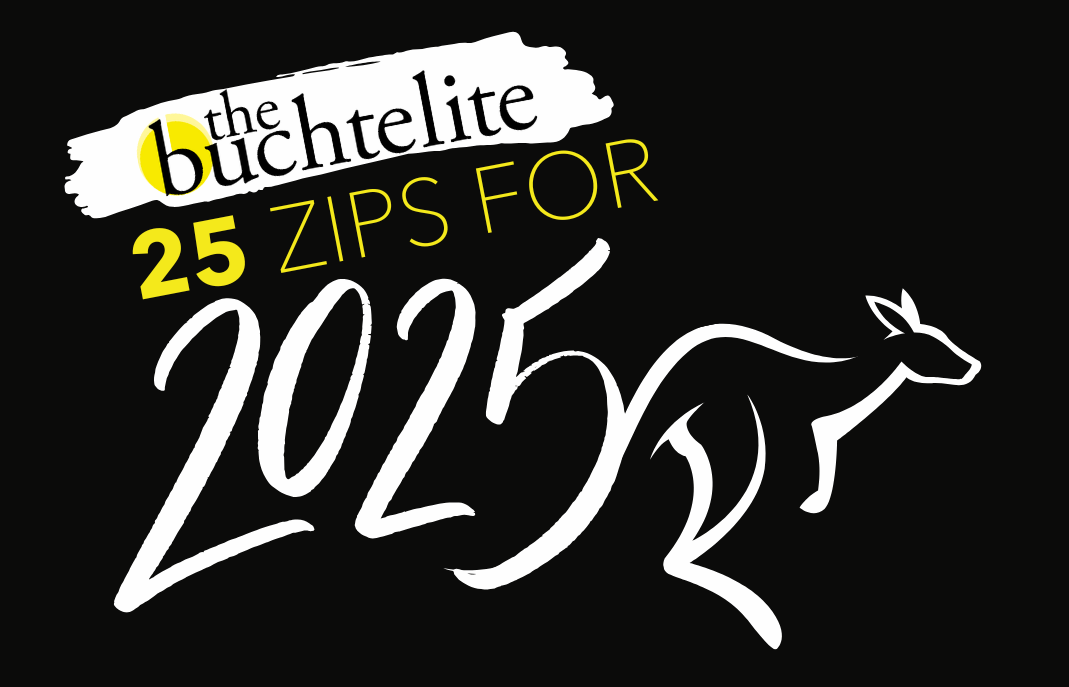Akron-area millennials could transform the electorate — if they vote
November 11, 2015
News Outlet Interns
As the country moves quickly from this month’s focus on local elections to next year’s presidential election, there looms ahead a change in campaigns and elections that could be cataclysmic in proportions.
The entire millennial generation — a transformational segment of the population born between 1981 and 2000 — will be eligible to vote by 2018.
And by some estimates, millennials will account for 40 percent of the voting-age population in the next five years as boomers die and immigration continues to swell the ranks of the younger adult population.
They are on track to becoming the nation’s most educated, diverse and independent generation, overwhelmingly liberal and supportive of social change, according to the Pew Research Center.
However, they also are distrustful of traditional leadership and media — raising questions about their interest in the electoral process.
“We have a lack of trust for over-arching political organizations, government parties and the government. We don’t trust them. We don’t feel like they operate on our behalf,” said Brandyn Costa, 22, a political science student at the University of Akron.
“When you look at some of the big things that have happened in millennials’ lifetime, specifically the Great Recession, people have become very anti-establishment,” Costa said.
He participated in a Jefferson Center daylong event prior to the Akron mayoral election, designed to study how millennials engage in issues important to their lives.
In the context of local elections, Costa said politicians only value opinions from “high-paying donors” when making decisions for the city, and like others, expressed concern that no one cares what millennials think.
Reporters in the News Outlet, a student journalism lab involving Youngstown State University and the University of Akron, interviewed more than 100 young people in Northeast Ohio on their involvement in local issues and how they consume news.
On the Akron campus, students interviewed 31 millennials. They found evidence that young adults care about issues that affect their lives, such as the cost of education, the governance of the university and road conditions, making them no different from other generations.
However, their methods of staying informed and involved are radically different from the older generations.
“I use social media to see what’s going on around me. My Facebook news feed constantly has some kind of political posting,” said Kate Kayne, 25, a registered voter in Akron.
“I don’t have time to always pick up the paper, so I use my phone to see any current local or national events,” said Libby Einsporn, 22, of Akron.
“I normally check ‘What’s Trending’ on Facebook,” said Alex Sitz, 22, a librarian in Akron.
They are part of a national trend.
The Pew Research Center, one of the nation’s premier social research organizations, found that 61 percent of millennials say they get political news from Facebook in a given week.
Fragmentation
The survey of the 31 Akron millennials exposed the challenge campaigns will face in winning millennial loyalty and news media face already in disseminating broad coverage.
A third of the local millennials used Facebook only as their main source of news. Another third used both Twitter and Facebook, and the rest used only Twitter or Instagram.
Few discussed traditional news sources as a primary source.
Moreover, about 40 percent of the millennial generation is minorities, increasing the complexity of the generation.
Unless local news is shared in their social media circles, their awareness is limited.
“I am registered to vote, but I don’t plan on voting in the local elections,” said Sitz, the librarian. She voted in the 2012 presidential election. “I am considering voting on a national level, because I am more informed about it.”
“I think, to a degree, local elections would be more exciting with a bigger social media presence,” said Emily Maher, 24, a graduate student at UA. “I also think college students just generally feel disengaged from the local political process.”
But use of social media poses its own problems. Among the three candidates for Akron mayor, followers looked like this:
• Daniel Horrigan, Democrat — Facebook, 1,833 likes; Twitter, 425 followers.
• Eddie Sipplen, Republican — Facebook, 765 likes; Twitter, 140 followers.
• Bill Melver, Independent — Facebook, 55 likes; Twitter, 19 followers.
Julie Cajigas, a communications instructor on social media at University of Akron, noted that Horrigan’s Facebook “likes” added up to less than 1 percent of the city’s population.
Lake Research Partners and the Knight Foundation, a funder of the News Outlet, found similar concerns about interest in local elections. They studied drop-off voters — people who voted in national elections but not in the ensuing local election. The researchers conducted six focus groups with millennials in Akron, Miami and Philadelphia.
In the study, 75 percent said they don’t have enough information about local candidates, 62 percent said they don’t know enough about local issues, and 40 percent said there isn’t enough news coverage on local elections.
Of the 31 Akron millennials surveyed by the News Outlet, 23 said they are uninformed about the local elections or don’t have enough information about the candidates.
An Akron thing?
When the 31 Akron millennials were asked if they planned to vote, most said that they would not.
“I don’t think millennial voters in Akron are very different than millennial voters elsewhere,” said John Green, director of the Ray C. Bliss Institute of Applied Politics at the University of Akron. “They tend to vote less often than people who are older than they are, and they seem particularly uninterested in local elections.”
“It’s not that you can’t find out things about local government, it’s just harder. It’s much easier to find out what President Obama had for breakfast than it is to find out about where the candidates stand on local issues.”
The decline in local news resources and the popularity of social media have led to a diminished citizen engagement at the local level, according to a study of the 2010 midterm elections by researchers at George Washington and American universities.
“When the content of local news deteriorates — as has happened nationwide in an era of newsroom austerity — so do citizen knowledge and participation,” said Danny Hayes, one of the study’s authors.
Self-perpetuating
“I feel like none of the candidates are interested in talking to younger people,” said Autumn Coleman, 18, a student at UA.
Coleman may be right. Until millennials become fully engaged, the interest among candidates may continue to focus on more traditional campaign methods.
“Politicians are very practical people,” said Green. If there is a group of potential voters who aren’t very engaged, then politicians tend to not pay that much attention to them. If they don’t pay attention to them, then that just reinforces that lack of engagement. So it’s a bit of a vicious circle.”
TheNewsOutlet.org is a collaborative effort among Youngstown State University, The University of Akron and the University of Cincinnati and professional media outlets including WYSU-FM Radio and the Vindicator (Youngstown), the Beacon Journal and Rubber City Radio (Akron). Salem, Eddeb, Syed and Hickey are Buchtelite editors and students in UA’s School of Communication. Yockey also is a student in the School of Communication. The Akron Beacon Journal published this article on Tuesday, Nov. 10, 2015.












